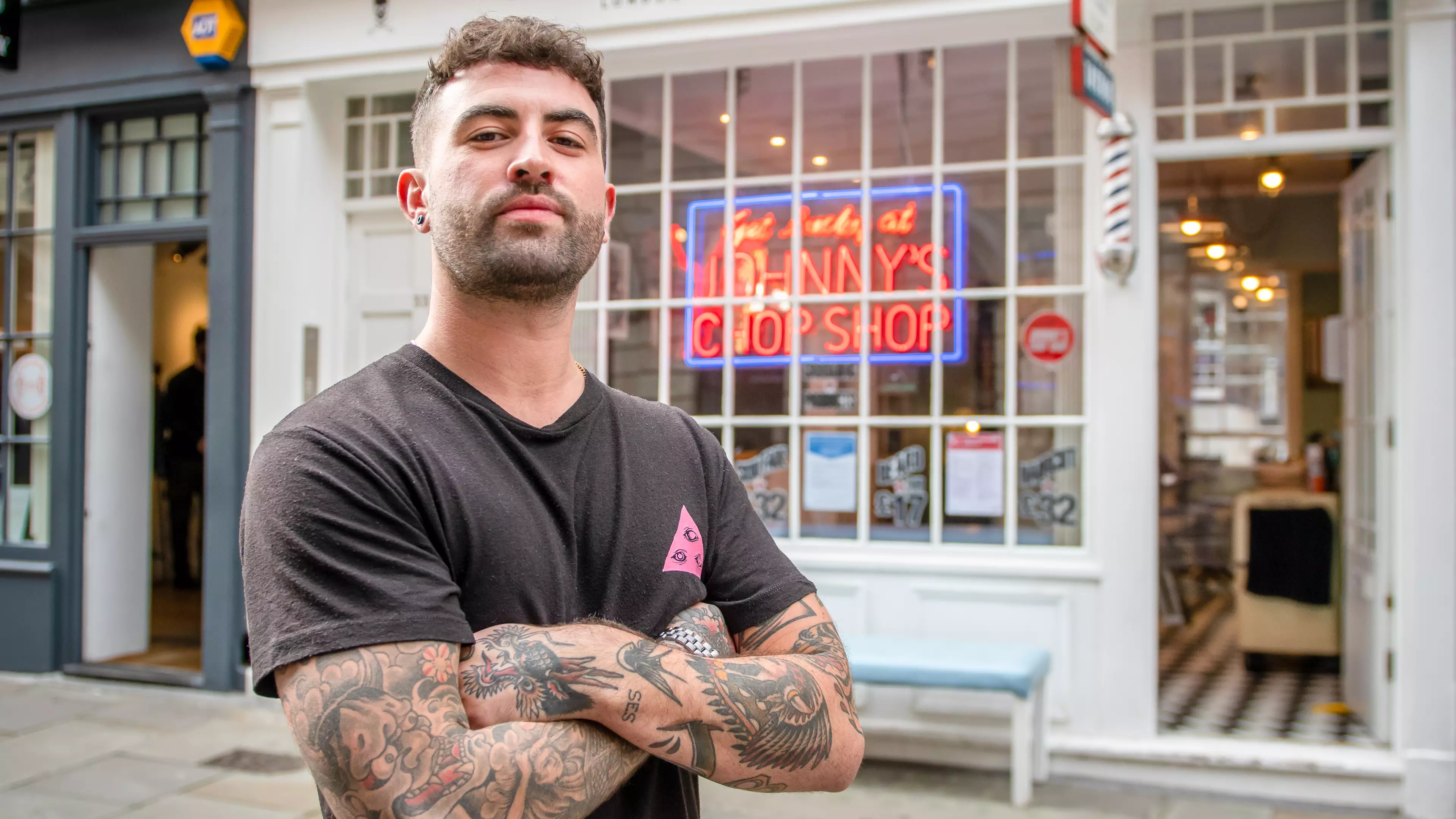
We are putting our whole lives online for everyone to see, whether it's what music we're listening to, where we go on holiday, or what biscuits we eat - it's all out there.
But while this might seem like nothing, new research has found that it's leaving millions of us open to internet fraud.
Experts from Lloyds Bank claim that almost a third (30 percent) of people are unaware if information they have shared could lead to fraud, while 29 percent say they believe that getting caught out through social media 'won't happen to them'.
According to the study, 81 percent of people believe they would be able to spot a scam, with men (85 percent) more confident than women (78 percent) - though one in 10 haven't heard of the most basic of cons.
But with 1.4 million cases of fraud in the first part of 2020 - totaling an eye-watering £582.1m in financial losses - it's clear that this confidence is misplaced.
Still don't believe us? Well, figures collected show just how much of a threat our own social media profiles could be.

On average, we Brits have around 300 friends on Facebook, though we only actually speak to around a quarter (28 percent) - and a third of us have accepted friend requests from people we don't know.
Advert
On top of that, 12 percent don't even know how to change their privacy settings, which isn't great.
Lloyds Bank partnered with Johnny's Chop Shop to help them understand how important it is to keep their information safe.
Paul Davis, Retail Fraud Director at Lloyds Bank, has urged people to take their personal information seriously and to be extra vigilant when sharing it online.
He said: "If you think you'll never fall victim to fraud, then think again. Scammers are getting more and more sophisticated, but it seems many, in particular men, have a false confidence that this won't happen to them.
"Social media profiles are a shop window to scammers on the lookout for their next target, so it's important that everyone thinks seriously about what protections they have in place to ensure they stay safe online.
"Our partnership with Johnny's Chop Shop aims to show how easy it is for anyone to get hold of personal information from what people post online.
"This could then be used to manipulate a person in a number of ways, from unknowingly becoming a money mule, to having someone take out a loan or credit card in their name."
Steven Ross, co-founder, Johnny's Chop Shop, said: "Until we started working with Lloyds Bank's fraud team, we didn't quite appreciate the extent to which people are opening themselves up to fraud by oversharing on social media and how few people recognise this risk. Like all good barbers, we love a chat with our customers and we thought that having these conversations in the barbershop setting was a great way to draw attention to this issue."
And to show just how easy it is to find out anything about anyone these days, staff tested it out on a customer.
Gary Whiting explained: "I went in for a quick haircut not thinking much more about anything else. I love to chat when I'm in the barber's chair but when he started talking about my holiday and dropped in my mum's name, I was really shocked. This made me think twice about what and how I was sharing information online. I had no idea how much about myself I was giving away - often to strangers. I went straight home to check my privacy settings as you never know who can see your profile."

Partnering with 'Friends Against Scams', Lloyds has joined the M-Word campaign to help destigmatise the issue of money and finances, and has shared some top tips for keeping your information safe online.
Every time you post online, think about how much personal information you are giving away and who can see it. Even photographs can give away clues to fraudsters, so it is not just about what you say.
If you're not sure who someone is online, then don't connect with them via social media. Some accounts are fake and are set up to try and steal your personal details.
Look out for strange requests from family or friends. Fraudsters can hack into accounts and trick you into sending them money or personal information. If you get a request that seems out of character, call your loved one on a number you trust to make sure it came from them.
If someone you meet online is selling something, offering you an investment opportunity, or asking you for money or bank details for something that sounds too good to be true, it probably is. Check, check, check again and if still in doubt, don't take the risk.
Give your social media channels a clean up to remove anyone who you don't know. Check your privacy settings to make sure they are set to private and don't use your personal details for passwords and don't use the same password for more than one account. Fraudsters may use the details they have gleaned about you from social media try to guess your passwords to hack your account.
For more information, see Lloyds Bank's Fraud hub.
Featured Image Credit:Topics: Interesting, UK